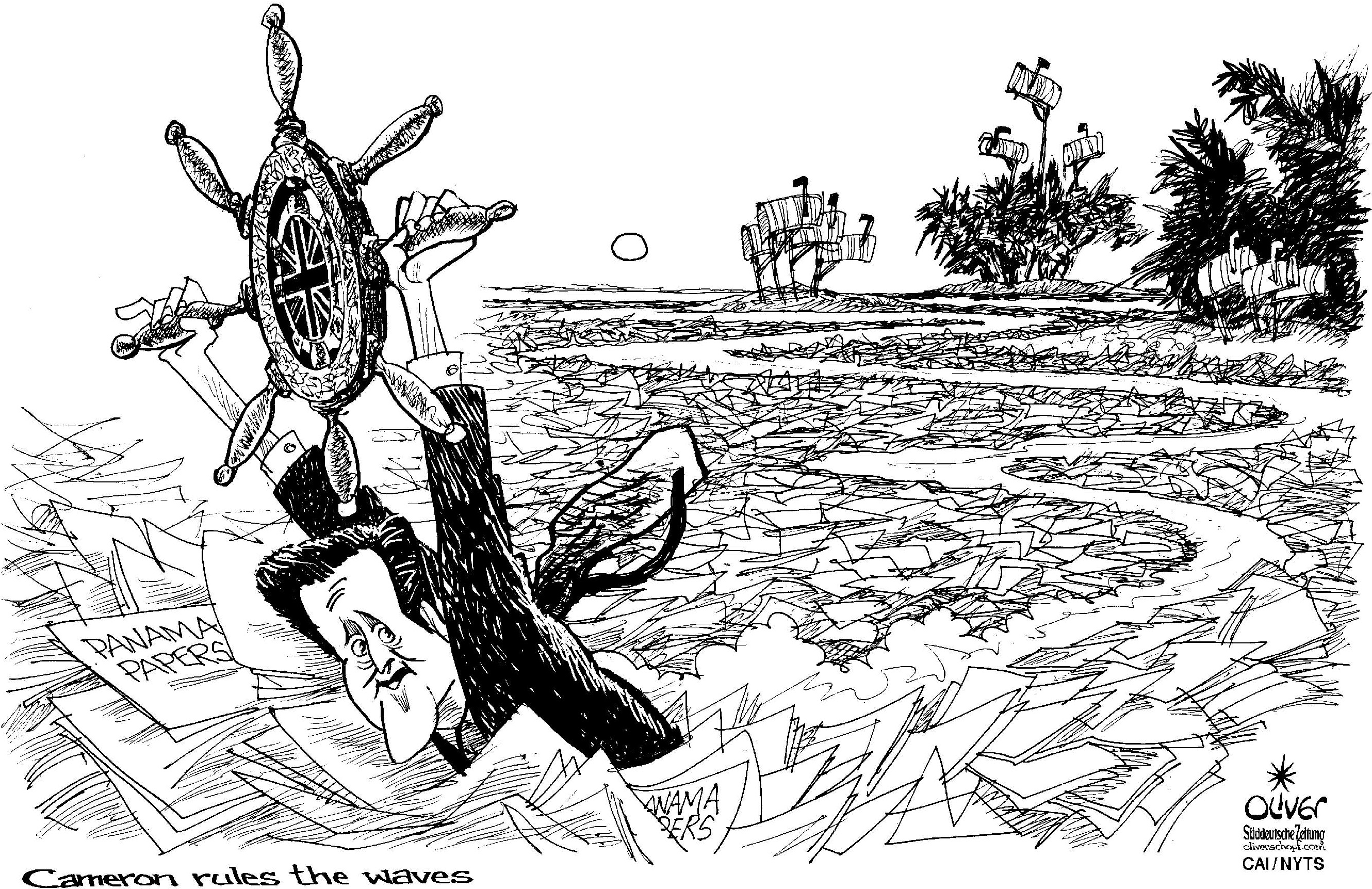The recent leak of documents from the archives of Mossack Fonseca, a Panamanian law firm, has drawn further attention to the way in which companies and wealthy individuals have managed to avoid paying taxes in countries where they work or live.
It is lawful in most jurisdictions to take advantage of exemptions and discounts allowed by local laws and regulations, and most revenue services automatically grant such discounts. Many tax codes, including those of the United States and the United Kingdom, which have become appallingly complicated and difficult to understand, grant tax exemptions that can be manipulated to the advantage of the taxpayer and the disadvantage of the revenue. Moreover, tax rules vary from country to country, and countries compete to attract investment by offering lower tax rates.
The Group of Seven and the OECD are seeking ways to harmonize company taxation. Some progress has been made, but so many different interests are involved that it would be unwise to expect an early and generally satisfactory settlement. The focus has been on the way in which multinational companies such as Google, Apple, Amazon, Facebook and Starbucks, which operate around the world, manage to register their profits in countries with below average tax rates.



